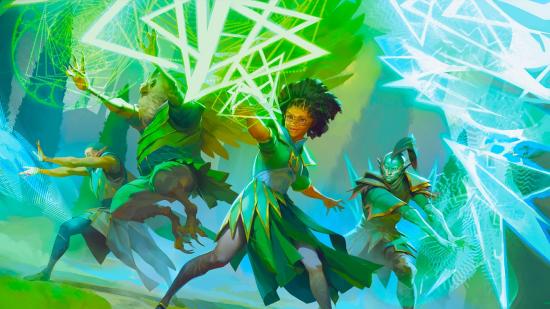Magic: The Gathering is a trading card game all about a fantastical multiverse where people can move around from plane to plane and fling spells at each other. The stories, settings, and characters are just about the most typical fantasy fare you can find – even if the game is beginning to break away into different settings, such as the Cyberpunk theme of Kamigawa: Neon Dynasty, and the art-deco gangster world seen in Streets of New Capenna.
On the flip side, though, it’s an intensely mechanical game. It’s filled with different timings to think about, cards with increasingly complex interacting effects, and the kind of power creep that would make Dragon Ball Z jealous. It’s an eclectic mix of different things, and it attracts a player base that is, generally speaking, pretty damn rabid for it, for better or for worse.
It’s no surprise that the game attracts a fanbase that’s just as diverse as the game is, and it’s fair to say Magic’s publisher, Wizards of the Coast, is doing a better job of looking after all the different tribes these days. However, is MTG doing enough to include those who think differently? What is it like, in 2022, to be a non-neurotypical person immersed in the ever-busier world of Magic: The Gathering?
Well, we talked to a lot of people who are neurodiverse about their experiences, what they think about the game as a whole, and whether or not it could do more to help them out. First off, though, let’s define terms.
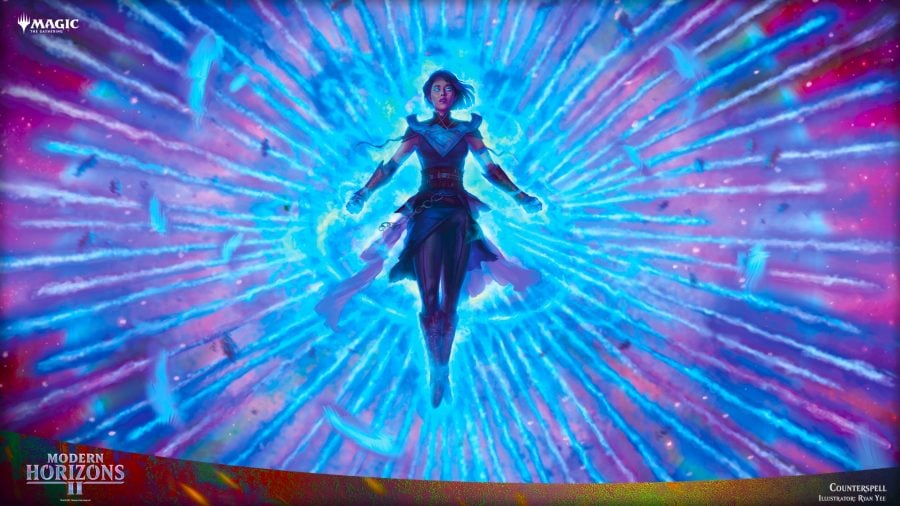
What is neurodivergence?
Neurodivergence, or neurodiversity, isn’t a single thing. It’s a term encompassing a vast swathe of different cognitive conditions like autism, ADHD, and dyslexia, among others. The concept has become more popular in recent years, although it was originally coined back in the 1990s by Judy Singer, an autistic sociologist. It’s the idea that many conditions often viewed as mental disorders are, in fact, more akin to different lines of thinking.
It’s a way to accept these ways of thinking not simply as mental health ‘problems’ that need fixing, but as normal human differences that simply aren’t being accommodated by modern society. For example, many people with ADHD (attention deficit hyperactivity disorder) tend to hit mental blocks during the work day, but get a ‘second wind’ – with better mental focus – later on in the day, due to delayed circadian rhythms.
In early human history, that could have been an evolutionary advantage, making these folks ideal late-day and night-time sentries. In the modern age, they’re seen as, at best, less efficient 9-to-5 workers, and, at worst, abnormal.
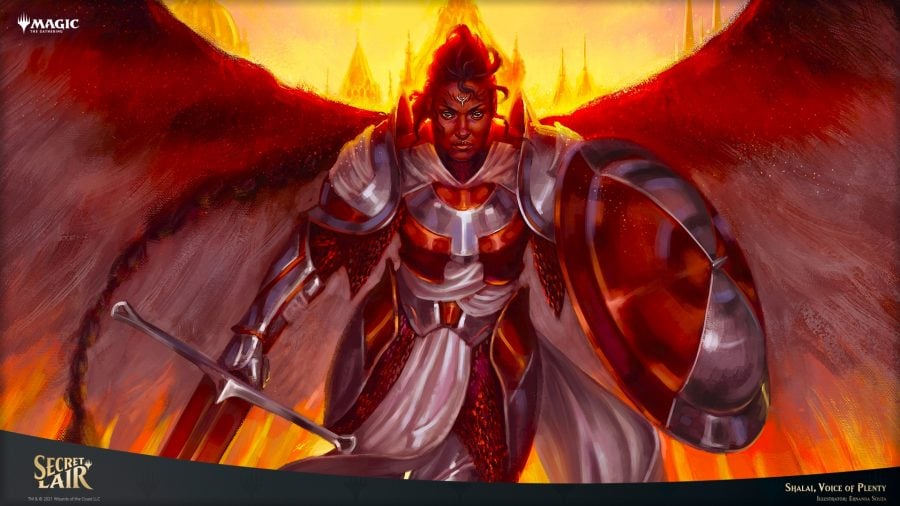
Neurodiversity, as a concept, is about us, as a society, making adjustments to recognise and support those who fall outside of modern cognitive norms, in order to allow everyone to do their best in life.
Make it plane: These are the best MTG planeswalkers
With that out of the way, let’s look at how neurodiversity and MTG intersect, as told by the multiple people we interviewed. A few of those people asked us not to name them, so we’ll be leaving the quotes anonymous throughout.
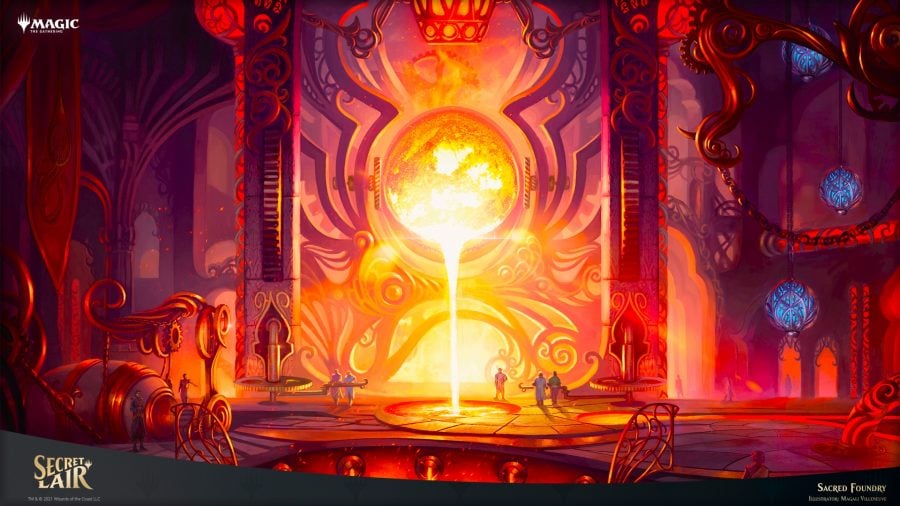
How do neurodivergence and MTG mix?
This’ll be a theme throughout the article, but – naturally – how well (or poorly) neurodivergence and MTG go together is largely dependent on the person, and which flavour of neurodiverse they are. Several of the autistic people we talked to said the game had a natural appeal to their deep curiosity. “It feels like it begs to be a special interest with so much lore and side stuff to dig into while still remaining the same game at its core,” said one.
Others said the rigidity and structure of the rules – which themselves rarely change, despite constant incremental changes and additions to the cards that function with them – were reassuring. There are rarely any fundamental changes to MTG rules; instead, the game focuses on adding to itself – which, for some interviewees, “makes the game comfortable to play even when it gets complex”. The focus on organisation, the ability to precision-build decks, and the inherent need to keep your own collection in some kind of order, really appeal to those who enjoy sorting things out.
That coin has a flipside, though: one person with ADHD told us “I do not feel as though the game itself caters to my particular neurodiversity, as there are many small details to keep track of and I am constantly forgetting something.” They went so far as to say they felt ADHD was almost a hindrance at times. This ‘paralysis by complexity’ can become an increasing concern as systems within the game become more complex, and cards become wordier too.
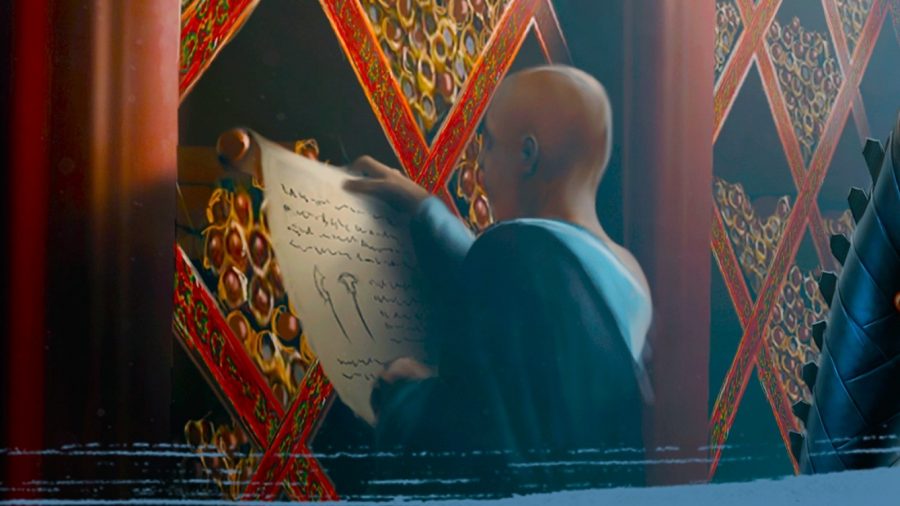
“Remembering to increment and decrement counters” was a key issue raised, as well as “remembering effects and abilities that go off at different phases”.
“I get better at it the more familiar I am with my deck, but, if I’m playing with someone else’s deck or a new deck, it takes me a while to acclimate.”
Command-o: Here’s a guide to the best MTG commanders
That being said, the tendency for many neurodivergent people to ‘hyperfixate’ on a game, deck, or format means these same players – given the right conditions to dive deep into the game – could sometimes feel able to flex their own unique skills a bit more.
This can be especially true of the innately creative, highly involved practice of deckbuilding.
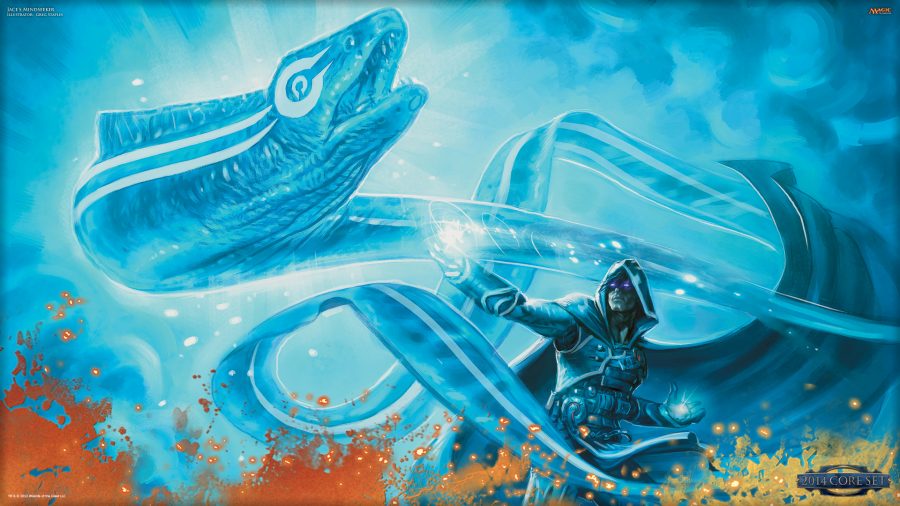
What’s competitive MTG like for neurodivergent players?
One response, above all, conveyed how inhospitable competitive MTG can be for neurodivergent players. It came from a player who’d spent nearly nine years in competitive Magic, and only stopped due to COVID.
“I really don’t think they do cater to us or honestly even care about how we feel. It was always super loud and crowded and bright, and I wouldn’t expect any less from big tournaments, but when I tried to mitigate my overstimulation with sunglasses and headphones I would be told to remove them by judges and event staff. Heck, I even got game losses and one time a DQ [disqualification] for wearing headphones.”
This was representative of the experiences of everyone we talked to, no matter how their brain worked. No matter what competitive MTG event you go to, each is a cacophony of noises, sights, players, and a plethora of other things that almost feels custom-built to make neurodivergent players feel utterly overwhelmed.
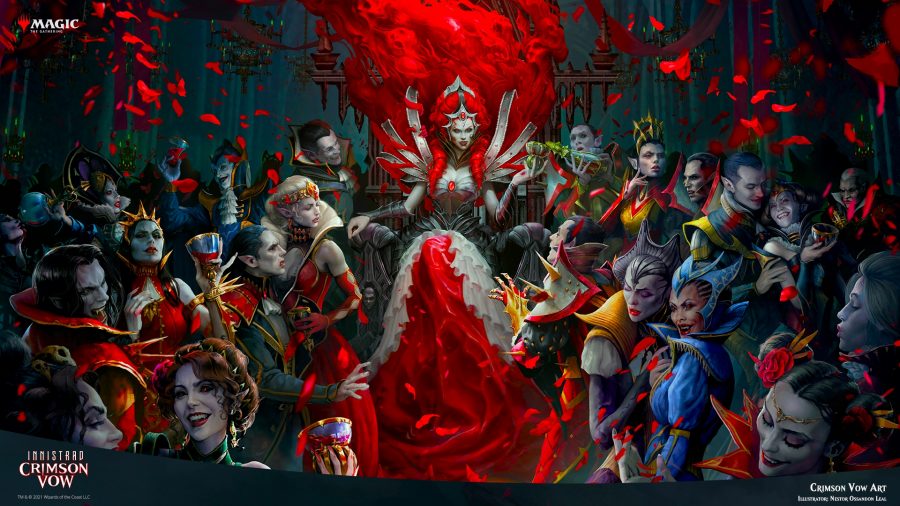
Competitive GP events regularly herd hundreds of MTG players into one giant room filled with traders, vendors, food, and announcements. Every little thing adds up into one singularly crushing weight, and the end result is overstimulation.
Throw in the fact that, in many cases, these GPs and events are often for newer sets, where players may also be trying to learn new mechanics, remember new cards, or think about new interactions, and you’ve got a near-perfect petri dish of perplexing potential.
Read-only: Check out this guide to MTG books
None of our interviewees said they’d actually want anything to change, specifically, but it does seem as though things could be done to keep these players in mind.
Something as simple as allowing noise-cancelling earphones, for example, would go a huge way towards making events more palatable. That, combined with specific quiet zones could be huge. Otherwise, neurodivergent players are simply going to have to keep dealing with the inevitable burnout-fuelled hangover that comes after any of these events.
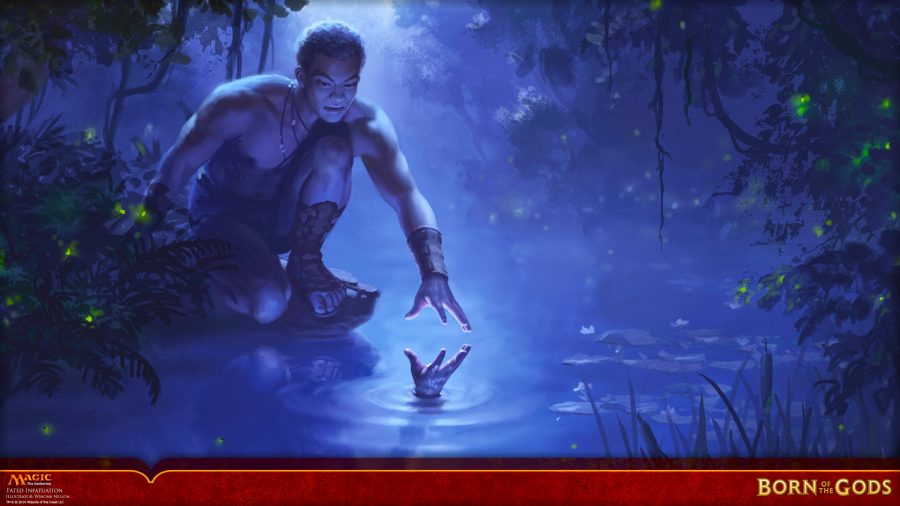
On the plus side, though, a few people did mention that the events were actually a comparatively easy social situation to understand. With everybody being there for the same reason, with a simple, shared code of conduct to follow, many found it a nice way to meet people who shared a love of the game – despite the potential for overstimulation.
For those that hadn’t been to competitive events already, many told us they couldn’t face it. One said they were simply “too intimidated to go to a large gathering of people I don’t know, who might not have the patience and understanding when I don’t learn a new rule fast enough.”
MTG’s complexity can make gameplay fairly slow, and as such, players at tournaments are encouraged to go fast – but, for many neurodivergent players, that kind of pressure seems not only unrealistic but positively nightmarish.
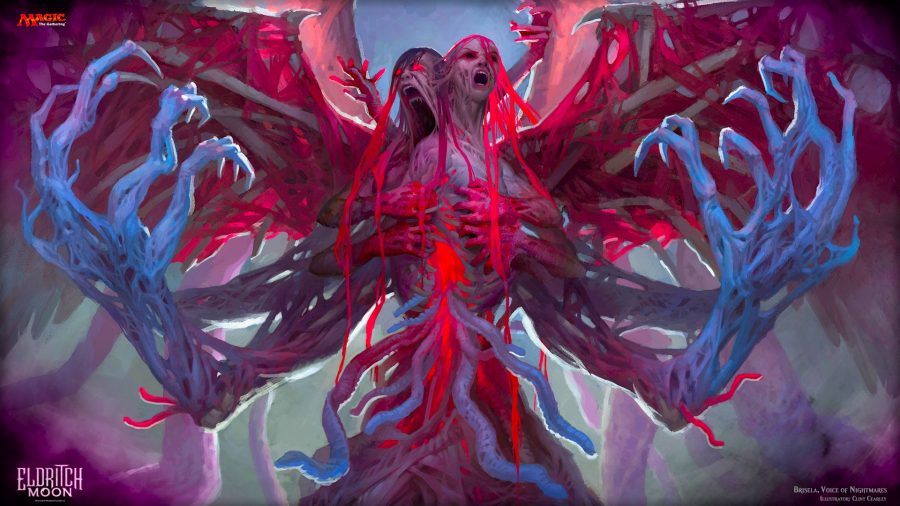
Does neurodivergence offer any benefits in MTG?
An important point to address about viewing these conditions as being matters of diversity, more than matters of deficiency, is the understanding that there can be situational pros, as well as cons, to having them.
As mentioned in the article we linked earlier, different forms of neurodivergence have different effects on the brain. For example, autistic people tend to have excellent attention to detail and good memories, and those with ADHD are often great at thinking ‘outside the box’.
Ka-ching: Here are the most expensive Magic cards money can buy
“I think it benefits me in-game because I can kinda think about things at different angles?” one player with ADHD said. “It’s like the cross-section of things I see is such that I can spot really weird, offbeat lines, and it helps me build some really interesting decks.” An autistic player told us: “I feel my autism very much helps me in that the rules and interactions are a special interest of mine, and having a good working knowledge of the rules can be very useful for playing.”
None of these things are concrete, of course, and such experiences differ hugely from person to person because, well, everyone’s human. A lot of players said they didn’t really think about it. After all, them being neurodiverse wasn’t something that made them think in ways of pros and cons – it simply was.
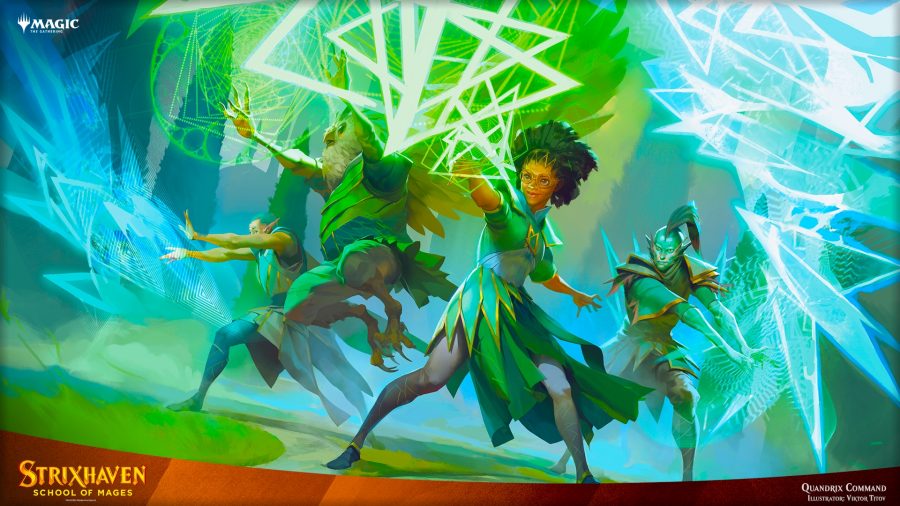
What’s the MTG community like?
“Most of the neurodiverse friends I’ve made, I made through MTG and DnD. So I think maybe a lot of us gravitate towards things like MTG and D&D without it having to cater to us,” said one player about the game. The community around MTG is, let’s be honest, incredibly negative sometimes – but that’s not the case for everyone, and certainly not at a local level.
“My local Magic community is amazing,” one of our interviewees said. “I was able to introduce myself to them via Discord during the height of the pandemic in 2020, which made approaching them and feeling comfortable around them much easier once we could go to the store,” they added.
“They were very accommodating and understanding of my struggles in social situations, and then in 2021, when I came out as trans, they were again very accepting, and I’ve not had any problems.” While online, many communities can feel horrific, as it’s often the worst elements that simply shout the loudest. But when you actually meet and get to know individuals in those communities, they’re far more likely to be empathetic.
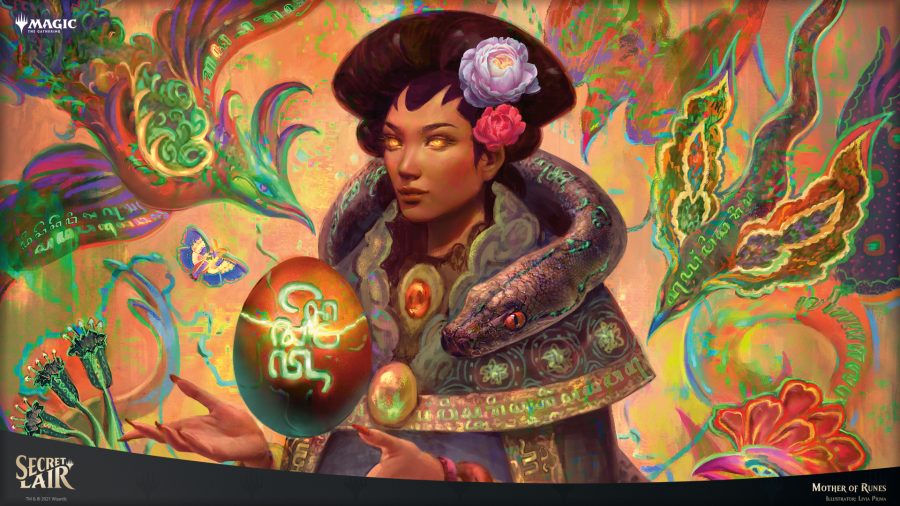
That being said, one player said that, being a trans man, they’ve seen both sides of the community. As a woman, they were treated as though they were stupid, while as a man, people seem to be more understanding of ADHD when brought they brought it up. It’s no surprise, really, that sexism and other bigotries are embedded in the MTG community (just go online for more than five minutes, you’ll see), but encountering it in person can be more of a shock.
Cracked: Check out our guide to MTG Arena codes
Or, as another player put it, “The community is great for me, but I am a cis white dude, with money to burn on a hobby. I think that the community is very accepting of a certain level of awkwardness in people, but that can go too far in accepting outright scumminess of people. I try to be aware of that.”
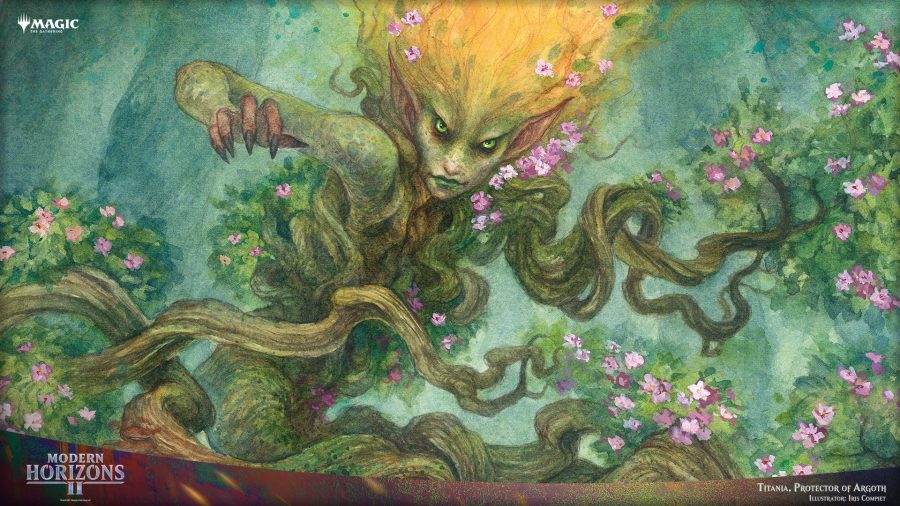
So, what’s MTG like for neurodivergent players?
Ultimately, it’s a game that fits into a lot of players’ lives, no matter their neurodiversity. Some players prefer the rigidity of play, some prefer the creativity in deckbuilding, and some players love the events as social spaces, while others find them hard to manage due to their (perhaps inherent) tendency to induce sensory overload.
MTG is a game of many parts. Events could, undoubtedly, do more to try and cater to more people, including neurodiverse people. Not everyone can stand being in a room filled with hundreds of other players, and, while online events may offset that somewhat, small spaces designed for players who need a little less going on in order to focus would go a long way in making the game better for everyone.
Then there’s the card designs themselves. The most recent sets have had more words per card than ever before. It’s an epidemic of essays, and it means that with each individual card requiring more explanation, people’s working memories are going to be tested even more.
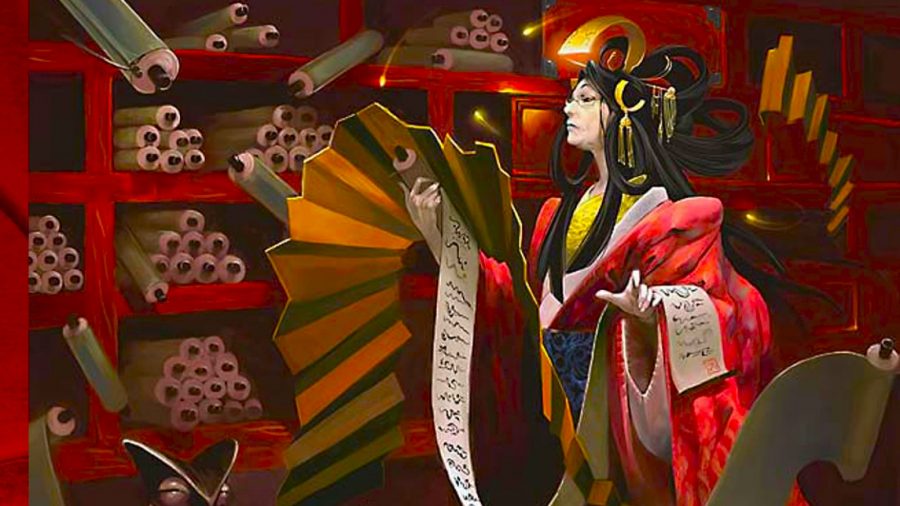
Those with ADHD or anything else affecting their working memory are going to struggle and likely take a little longer adjusting to each new set because of that. Those delays can equal social anxiety, competitive disadvantage, and the death of fun for neurodiverse MTG fans.
MTG is a game that appeals to those with neurodiversity due to its lore, mechanics, and novelty. It’s one that allows them to explore their creativity, indulge their whims, and rewards their hyperfixations.
However, it’s also one where the community at large are busy shouting far too much, and where the designs are likely only going to get more complicated.
For those players who’ve been here a while, that might not be an issue – but, at some point, the idea of learning the game may become more hassle than it’s worth.
